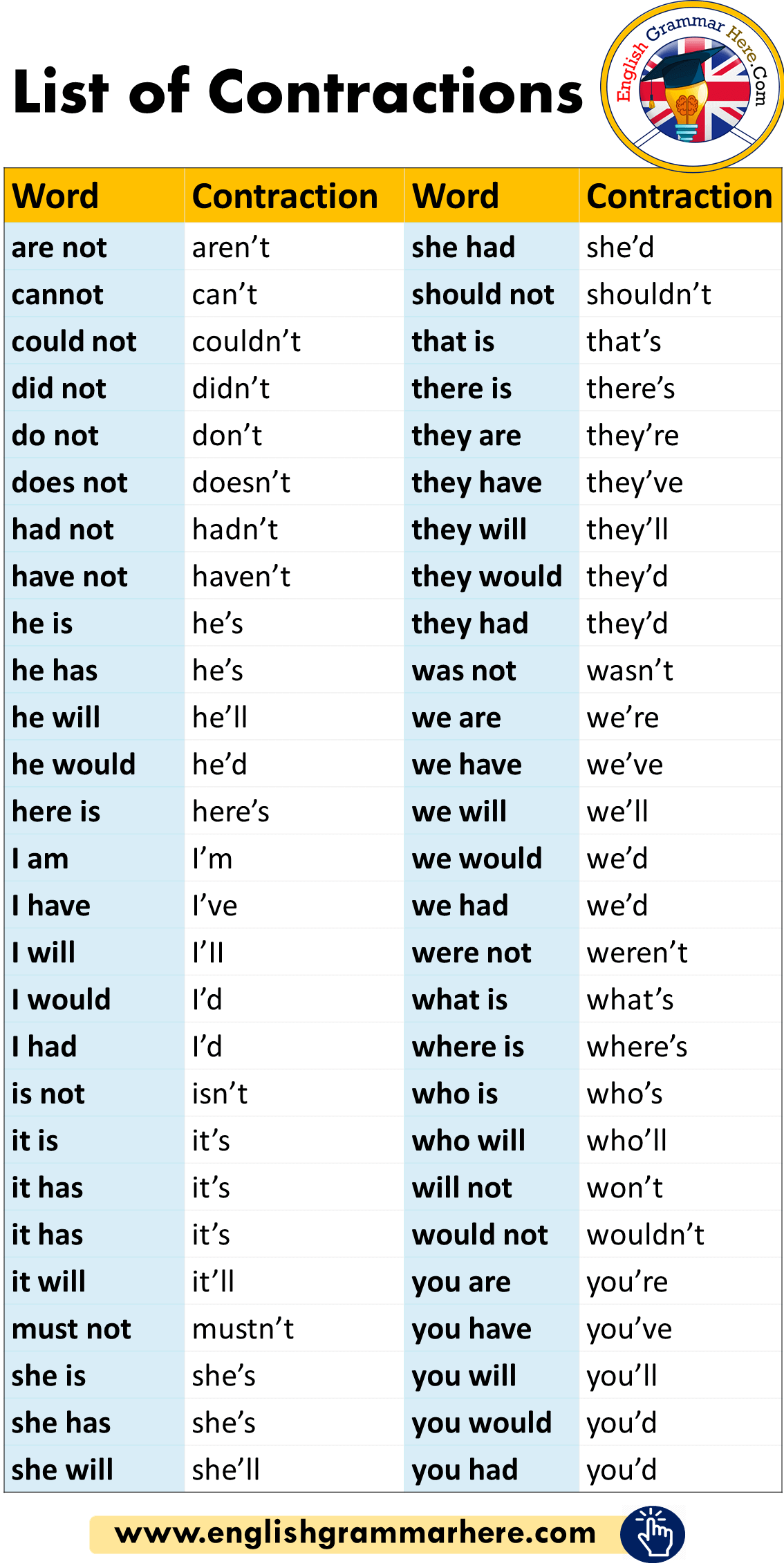Contraction in the English language refers to the combination of two words into one by omitting one or more letters and replacing them with an apostrophe. Contractions are commonly used in both spoken and written English to make the language more informal and less formal. One common contraction is “who’ve”, which is a combination of the words “who” and “have”. But is “who’ve” a contraction?
Many people debate whether “who’ve” is a valid contraction. Some argue that it is not a proper contraction because it is not commonly used in everyday speech. Others believe that “who’ve” is a legitimate contraction that can be used to shorten sentences and make them more concise. So, is “who’ve” a contraction? Let’s explore this further.
When we break down the word “who’ve”, we can see that it is indeed a contraction of “who have”. The apostrophe in “who’ve” replaces the letter “ha” in “have”, making it a valid contraction. While “who’ve” may not be as commonly used as other contractions like “can’t” or “won’t”, it is still grammatically correct and can be used in the right context.
In informal speech and writing, using contractions like “who’ve” can help to make sentences flow more naturally and sound less formal. However, it is important to be mindful of the context in which you are using contractions to ensure that they are appropriate. Contractions are generally more acceptable in casual conversations or informal writing, rather than in formal or academic settings.
In conclusion, “who’ve” is indeed a contraction in the English language. While it may not be as commonly used as other contractions, it is still a valid and grammatically correct way to combine the words “who” and “have”. So, the next time you are looking to shorten your sentences and make them more conversational, feel free to use the contraction “who’ve” in the right context.
